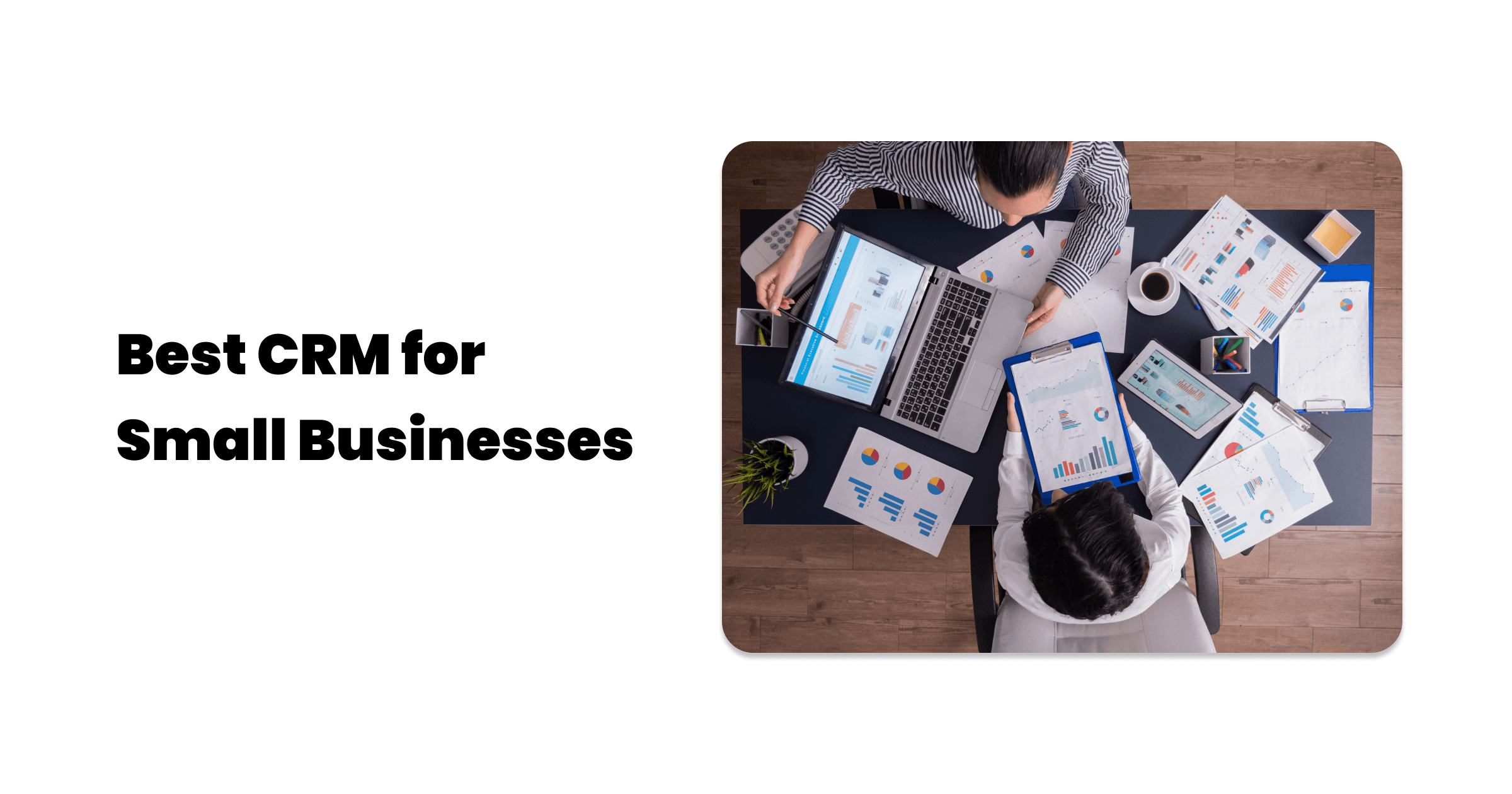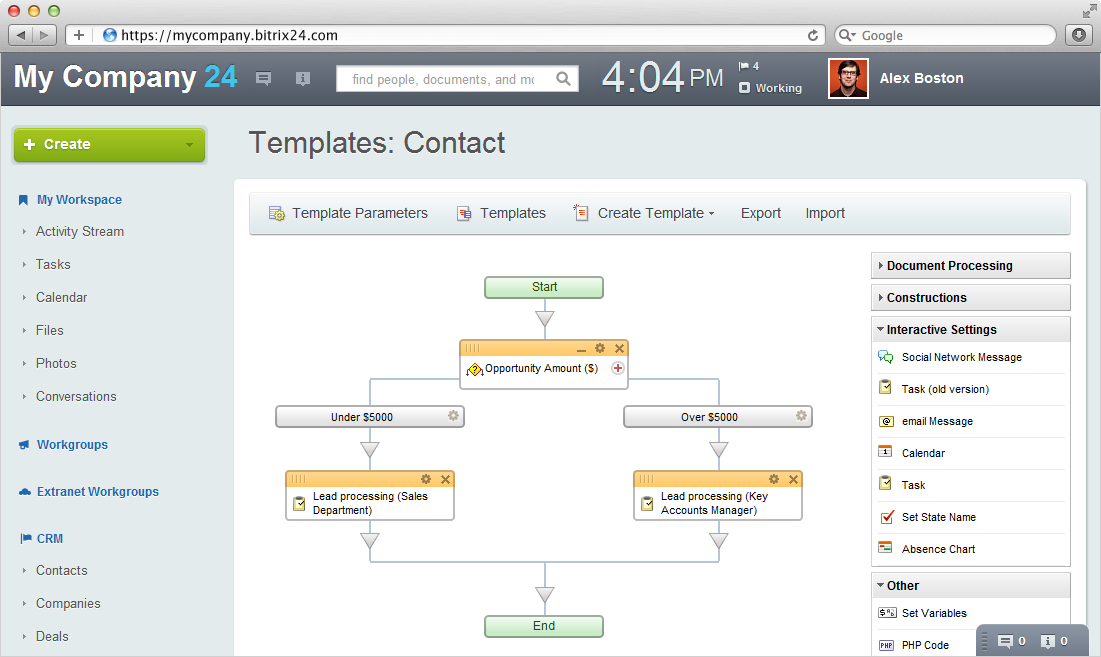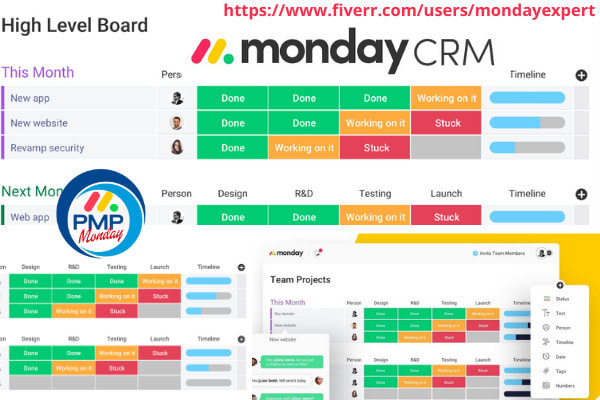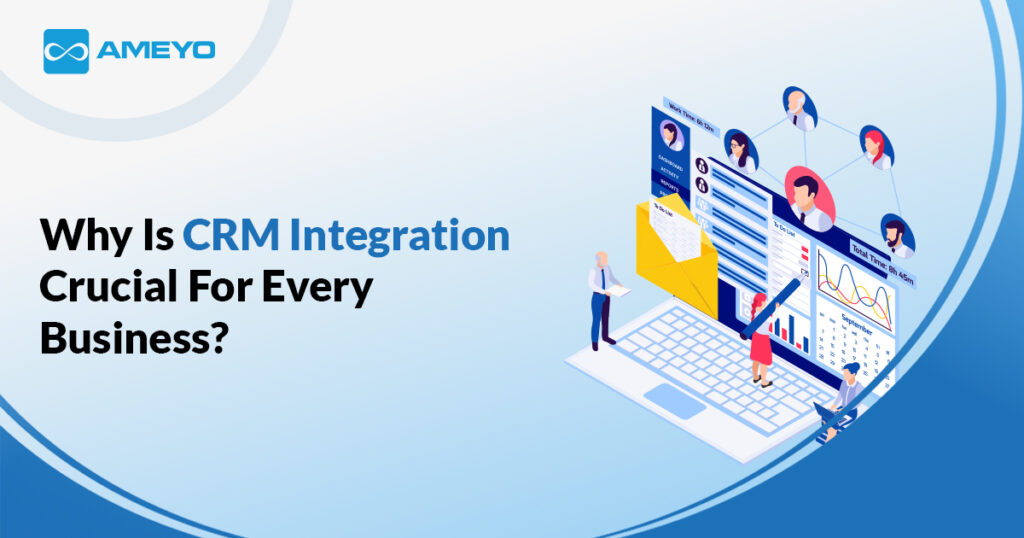Unlocking Your Music Career: The Best CRM Systems for Aspiring Musicians
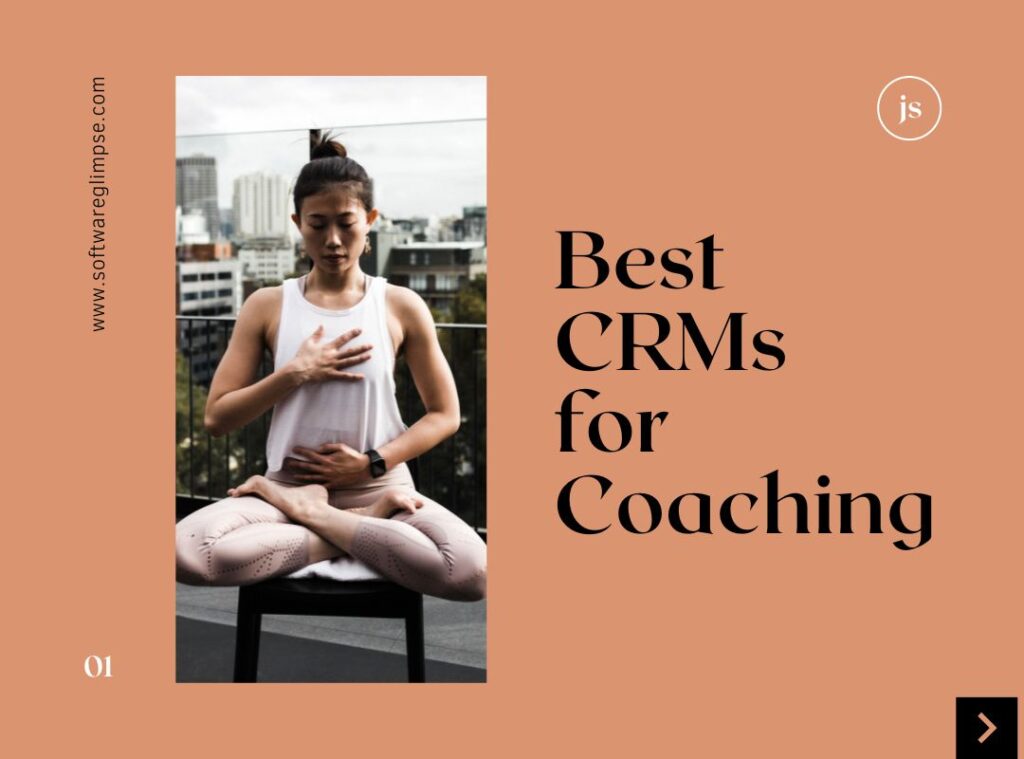
Introduction: The Symphony of Success and the Need for a CRM
So, you’re a musician. You pour your heart and soul into crafting melodies, writing lyrics that resonate, and performing with a passion that electrifies a crowd. But in today’s competitive music landscape, talent alone isn’t enough. You need a strategy, a plan, a way to manage the complex web of contacts, gigs, promotions, and finances that come with building a successful music career. This is where a Customer Relationship Management (CRM) system comes in. Think of it as the conductor of your musical orchestra, keeping everything in harmony.
For small musicians – those just starting out or with a growing following – the right CRM can be the difference between struggling to stay afloat and soaring to new heights. It’s about more than just contact lists; it’s about building relationships, nurturing your fanbase, and streamlining your workflow so you can focus on what you do best: making music. This article will delve into the best CRM systems tailored specifically for small musicians, exploring their features, benefits, and how they can help you achieve your musical dreams.
Why Musicians Need a CRM: Beyond the Contact List
You might be thinking, “I have a phone and a spreadsheet, isn’t that enough?” While those tools can get you started, they quickly become cumbersome and inefficient as your network grows. A CRM offers a centralized hub for managing all aspects of your professional life as a musician. Here’s why a CRM is essential:
- Centralized Contact Management: Keep all your contacts – fans, promoters, venues, collaborators, media contacts – in one organized place. No more scattered spreadsheets or lost emails!
- Relationship Building: Track interactions with your contacts, understand their preferences, and personalize your communication. This fosters stronger relationships and builds loyalty.
- Gig and Event Management: Organize your gigs, track bookings, manage contracts, and send reminders. Never miss a show or a deadline again.
- Marketing and Promotion: Segment your audience, create targeted email campaigns, and track the performance of your marketing efforts. Reach the right people with the right message at the right time.
- Financial Tracking: Some CRMs offer basic financial tracking features, allowing you to monitor income, expenses, and royalties.
- Collaboration: Easily share information and collaborate with your bandmates, managers, or other team members.
- Time Savings: Automate repetitive tasks, freeing up your time to focus on creating music and building your brand.
Essentially, a CRM empowers you to be more organized, efficient, and effective in managing your music career. It’s an investment that pays dividends in terms of time saved, improved relationships, and ultimately, increased success.
Top CRM Systems for Small Musicians: A Detailed Comparison
Choosing the right CRM can feel overwhelming with so many options available. This section provides a detailed comparison of some of the best CRM systems specifically tailored for the needs of small musicians, considering factors like features, pricing, ease of use, and integrations.
1. HubSpot CRM
Overview: HubSpot is a widely-used CRM known for its free version and robust feature set. It’s an excellent choice for musicians looking for a comprehensive, all-in-one solution that can scale as their needs grow. While the free version is powerful, paid plans unlock even more advanced features.
Key Features:
- Contact Management: Store detailed contact information, track interactions, and segment your audience.
- Email Marketing: Create and send targeted email campaigns, track open rates and click-through rates.
- Marketing Automation: Automate repetitive tasks, such as sending welcome emails or follow-up messages.
- Deal Tracking: Manage your gigs, contracts, and other deals.
- Reporting and Analytics: Track key performance indicators (KPIs) to measure the success of your marketing and sales efforts.
- Integrations: Integrates with a wide range of other tools, including social media platforms, email providers, and marketing automation software.
Pros:
- Free version offers a generous set of features.
- User-friendly interface.
- Excellent customer support and extensive documentation.
- Scalable to accommodate growing needs.
- Strong integration capabilities.
Cons:
- Paid plans can become expensive for advanced features.
- Can be overwhelming for beginners due to the sheer number of features.
Pricing: Free plan available. Paid plans start at around $45 per month.
Ideal For: Musicians who want a comprehensive CRM solution with room to grow and are comfortable with a slightly steeper learning curve.
2. Zoho CRM
Overview: Zoho CRM is another popular choice, known for its affordability and extensive features. It offers a range of plans to suit different budgets and business needs. Zoho CRM is a good option for musicians looking for a feature-rich CRM without breaking the bank.
Key Features:
- Contact Management: Manage contact information, track interactions, and segment your audience.
- Sales Automation: Automate sales processes, such as lead nurturing and deal tracking.
- Email Marketing: Create and send email campaigns, track performance, and automate follow-ups.
- Workflow Automation: Automate tasks and processes to save time and improve efficiency.
- Reporting and Analytics: Track key metrics and gain insights into your business performance.
- Integrations: Integrates with a variety of third-party applications, including social media platforms, email providers, and accounting software.
Pros:
- Affordable pricing plans.
- Feature-rich, offering a wide range of functionalities.
- User-friendly interface.
- Customization options to tailor the CRM to your specific needs.
- Good customer support.
Cons:
- The interface can feel a bit cluttered at times.
- Some advanced features require a higher-tier plan.
Pricing: Free plan available for up to three users. Paid plans start at around $14 per user per month.
Ideal For: Musicians who are looking for a feature-rich and affordable CRM solution with strong customization options.
3. Pipedrive
Overview: Pipedrive is a sales-focused CRM designed to help businesses manage their sales pipeline and close deals. It’s a great option for musicians who are actively seeking gigs, managing contracts, and building relationships with venues and promoters.
Key Features:
- Visual Sales Pipeline: Visualize your sales process and track deals through different stages.
- Contact Management: Manage contact information, track interactions, and segment your audience.
- Deal Management: Track deals, set deadlines, and manage contracts.
- Email Integration: Integrate with your email provider to track email communication and automate follow-ups.
- Reporting and Analytics: Track sales performance and gain insights into your pipeline.
- Integrations: Integrates with various tools, including email marketing platforms, calendar apps, and project management software.
Pros:
- User-friendly interface with a focus on sales.
- Visual pipeline makes it easy to track deals.
- Automates many sales-related tasks.
- Good for managing gigs and contracts.
Cons:
- May not be as feature-rich as other CRMs for general marketing and customer relationship management.
- Focus is primarily on sales and deal management.
Pricing: Paid plans start at around $12.50 per user per month.
Ideal For: Musicians who are focused on securing gigs, managing contracts, and streamlining their sales process.
4. Agile CRM
Overview: Agile CRM is a versatile CRM solution that combines sales, marketing, and service features in one platform. It offers a free plan and affordable paid plans, making it a good option for small musicians looking for an all-in-one solution.
Key Features:
- Contact Management: Manage contact information, track interactions, and segment your audience.
- Sales Automation: Automate sales processes, such as lead nurturing and deal tracking.
- Marketing Automation: Create and send email campaigns, automate follow-ups, and track marketing performance.
- Helpdesk: Manage customer support requests and provide excellent service to your fans.
- Reporting and Analytics: Track key metrics and gain insights into your business performance.
- Integrations: Integrates with a wide range of third-party applications.
Pros:
- Free plan available with a generous set of features.
- All-in-one solution with sales, marketing, and service features.
- Affordable pricing plans.
- User-friendly interface.
Cons:
- The interface can feel a bit dated compared to some other CRMs.
- Some advanced features are only available in higher-tier plans.
Pricing: Free plan available. Paid plans start at around $9.99 per user per month.
Ideal For: Musicians who want an all-in-one CRM solution with sales, marketing, and service features, and who are looking for an affordable option.
5. Capsule CRM
Overview: Capsule CRM is a user-friendly CRM that focuses on building strong relationships with your contacts. It’s a great option for musicians who prioritize personal connections and want a simple, intuitive CRM.
Key Features:
- Contact Management: Manage contact information, track interactions, and add notes and tasks.
- Deal Tracking: Manage your gigs, contracts, and other deals.
- Task Management: Create and assign tasks to stay organized.
- Email Integration: Integrate with your email provider to track email communication.
- Reporting: Generate basic reports to track your progress.
- Integrations: Integrates with various tools, including email marketing platforms, calendar apps, and accounting software.
Pros:
- Simple and user-friendly interface.
- Focus on building relationships.
- Easy to set up and use.
Cons:
- May lack some of the advanced features of other CRMs.
- Reporting capabilities are limited.
Pricing: Free plan available for up to two users. Paid plans start at around $18 per user per month.
Ideal For: Musicians who prioritize building relationships and want a simple, easy-to-use CRM.
Choosing the Right CRM for You: A Step-by-Step Guide
Selecting the right CRM is a crucial decision. Here’s a step-by-step guide to help you find the perfect fit:
- Define Your Needs: Before you start comparing CRMs, take some time to identify your specific needs and goals. What do you want to achieve with a CRM? What are your biggest pain points in managing your music career? Make a list of essential features and desired functionalities.
- Set a Budget: Determine how much you’re willing to spend on a CRM. Consider both the initial cost and the ongoing subscription fees. Remember to factor in the value of the time and effort you’ll save by using a CRM.
- Research CRM Options: Explore the different CRM systems available, focusing on those that cater to small businesses and musicians. Read reviews, compare features, and check pricing plans. Consider the options discussed above (HubSpot, Zoho, Pipedrive, Agile CRM, Capsule CRM) as a starting point.
- Prioritize Features: Rank the features you identified in Step 1 based on their importance to your business. Focus on CRMs that offer the features you need most.
- Consider Integrations: Make sure the CRM integrates with the other tools you use, such as email marketing platforms, social media channels, and accounting software. Integrations will streamline your workflow and save you time.
- Evaluate Ease of Use: Choose a CRM that is easy to use and navigate. A complex CRM can be time-consuming to learn and may not be worth the effort. Look for a user-friendly interface and intuitive features.
- Try Free Trials or Demos: Most CRM systems offer free trials or demos. Take advantage of these opportunities to test the software and see if it’s a good fit for you.
- Read Reviews and Case Studies: Learn from the experiences of other musicians. Read reviews and case studies to get insights into how different CRMs have helped other artists succeed.
- Consider Scalability: Choose a CRM that can grow with your business. As your music career evolves, you’ll need a CRM that can accommodate your changing needs.
- Make a Decision and Get Started: Once you’ve carefully considered all the factors, choose the CRM that best meets your needs and budget. Don’t be afraid to start small and gradually add features as you become more comfortable with the system.
Implementing Your CRM: Tips for Success
Once you’ve chosen your CRM, the real work begins: implementation. Here are some tips to ensure a smooth transition and maximize your CRM’s effectiveness:
- Import Your Data: Import your existing contact information, gig details, and other relevant data into the CRM. Make sure your data is clean and organized before importing it.
- Customize Your CRM: Tailor the CRM to your specific needs by customizing fields, creating custom reports, and setting up workflows.
- Train Your Team (If Applicable): If you work with a band, manager, or other team members, train them on how to use the CRM.
- Establish a Routine: Make using the CRM a regular part of your workflow. Schedule time each week to update your contacts, manage your gigs, and track your progress.
- Use the CRM Consistently: The key to success with a CRM is consistent use. Make sure you’re entering data regularly, updating information, and using the CRM’s features to their full potential.
- Analyze Your Results: Regularly review your reports and analytics to see how the CRM is helping you achieve your goals. Identify areas where you can improve your strategy and optimize your use of the CRM.
- Seek Support: Don’t hesitate to contact the CRM’s customer support if you have any questions or need assistance. Most CRM providers offer excellent support resources.
- Stay Updated: CRM systems are constantly evolving. Keep up with the latest features and updates to ensure you’re getting the most out of your software.
By following these tips, you can ensure that your CRM implementation is successful and that you’re able to leverage its full potential to grow your music career.
Conclusion: Harmonizing Your Success with the Right CRM
In the dynamic world of music, staying organized, building strong relationships, and effectively promoting your work are paramount. A CRM system can be your secret weapon, helping you manage the complexities of your career and allowing you to focus on what truly matters: making music that resonates with your audience. Whether you’re a solo artist, a band, or a music producer, investing in the right CRM can significantly impact your success. By choosing a CRM that aligns with your needs, implementing it effectively, and using it consistently, you can build a thriving music career and achieve your artistic goals. So, take the first step towards orchestrating your success and explore the possibilities that a CRM can unlock for your musical journey. The stage is set; now it’s time to take center stage and let your music shine!

